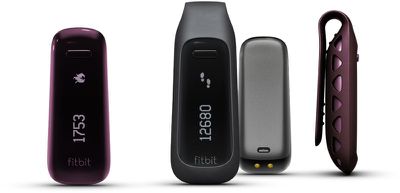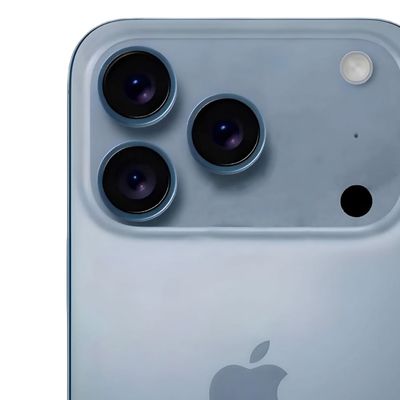In a wider piece on Fitbit and its efforts to escape from the shadow of Apple, The New York Times shared an interesting anecdote about the way the iPhone 4s influenced the features in Fitbit's line of fitness trackers back when it debuted in 2011.
The iPhone 4s was the first iPhone to include support for Bluetooth 4.0 to allow accessories to connect to the device, and following the introduction of the new phone, Fitbit CEO James Park decided to re-engineer Fitbit products to support Bluetooth. It was a decision that set Fitbit's product releases back by six months.

When Phil Schiller introduced the iPhone 4S in 2011, for example, Mr. Park had a realization.
At the time, the new iPhone added a capability to synchronize with wireless accessories using the standard called Bluetooth. Fitbit trackers back then lacked Bluetooth connectivity, but Mr. Park wanted them to be able to synchronize data immediately with the iPhone.
"It could enable a lot of possibilities in terms of real-time feedback," he said.
Announced in 2012, the Fitbit One and the Fitbit Zip became the first Fitbit devices to support Bluetooth 4.0, syncing data like steps tracked, distance, floors climbed, calories expended, and sleep quality to iOS and Android phones. According to The New York Times, the two devices were highly successful.
Since then, Park says Fitbit has made an effort to stray away from Apple's approach to product design, focusing on simple devices to make wearables more approachable.
"We look at it from a consumer point of view," Mr. Park said. Apple Watch "is a computing platform, but that's really the wrong way to approach this category from the very beginning."
Fitbit's simplicity, and its lower price point, has allowed it to thrive even after the launch of the Apple Watch. Fitbit sold 21.4 million devices in 2015, earning $1.86 billion in revenue. While Apple doesn't break out sales of the Apple Watch, IDC and Strategy Analytics estimates put sales at approximately 11.4 million.
Going forward, Fitbit plans to add additional features to compete in the wearables market, but Park says the company is going to be "very careful" to avoid the feature overload mistake he sees being made with smart watches.





















Top Rated Comments
I currently only have their Aria scale and luckily myfitnesspal syncs the weights from fitbit and puts it in health kit :)